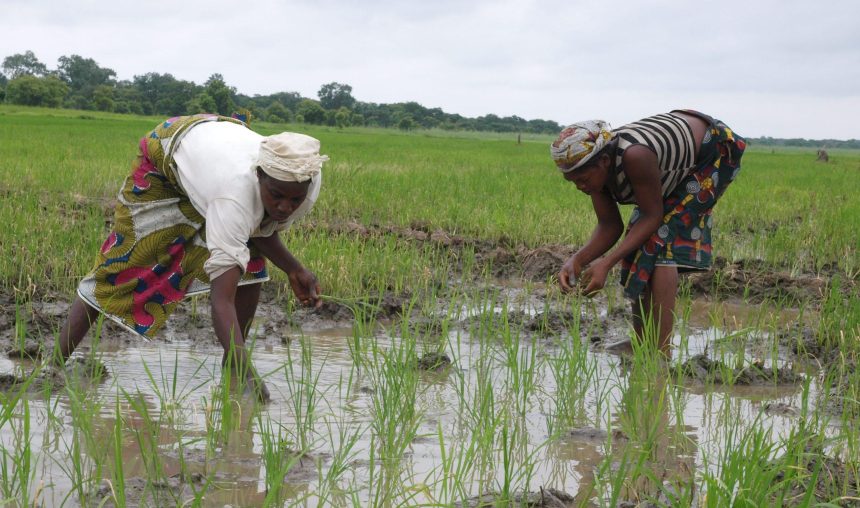AFEX, a prominent Pan-African commodities player, has disclosed that over 80 percent of Nigerian farmers continue to reside around or below the poverty line, primarily due to the escalating impacts of climate change on the continent, among other factors.
In a recent report titled “Rural Poverty in Nigeria: A Comparison with 2020 Baseline Measurement,” the company highlighted the growing prevalence of rural poverty in Nigeria in 2023 compared to previous measurements in 2020. The report underscores the escalating significance of climate change effects in Africa, with farmers experiencing unprecedented challenges to their livelihoods. It reveals that over 80 percent of Nigerian farmers continue to live around or below the poverty line, contrasting starkly with the 43 percent of Kenyan farmers in similar circumstances.
The report highlights that floods, heightened droughts, and decreased rainfall have posed significant threats to farmer productivity, leading to food insecurity.
Nigeria is widely acknowledged as highly susceptible to the effects of climate change, owing to a mix of political, geographical, and social factors. In the 2020 ND-GAIN Index, which assesses a country’s vulnerability to climate change alongside its preparedness to enhance resilience, Nigeria ranked 160 out of 181 countries.
Aware of the grave consequences of climate change in Nigeria, including desertification, flooding, erosion, drought, and the national security threats stemming from climate-related challenges, President Bola Tinubu urged for heightened financial and technical assistance for developing nations at the recent Conference of Parties (COP28).
The “Rural Poverty in Nigeria: A Comparison with 2020 Baseline Measurement” report marks AFEX’s second impact assessment, reflecting its endeavors over the past five years.
Since its establishment in 2014, the company has collaborated with more than 500,000 farmers and facilitated trades exceeding 1,000,000 metric tons.
We have intensified our efforts to make a meaningful difference in Africa’s commodities markets, making positive contributions to Sustainable Development Goals (SDGs) 1, 2, 5, 8, 12, and 13. The company’s endeavors in Climate Action, aligned with SDG 13, have also been emphasized.
“AFEX, operating in Nigeria and Kenya, emphasized its initiatives aimed at ensuring sustainable livelihoods, including the distribution of certified seeds, high-quality fertilizer, and extension and storage services facilitated by strategically located warehouses,” the company stated.
Ayodeji Balogun, Group CEO of AFEX, emphasized the significance of the company’s impact objectives as it scales its operations and extends its reach, aiming to establish a commodities market that is both inclusive and efficient.
“We aim to generate positive impacts in the regions where we operate, empowering farming communities, fostering economic opportunities, and aiding Africa in achieving sustainable self-sufficiency,” Balogun remarked.
The company highlighted the necessity for comprehensive efforts to generate enduring value in the commodities market, especially as challenges are exacerbated by the effects of climate change.
Akinyinka Akintunde, the President of AFEX Nigeria, emphasized, “This report signifies a pivotal moment for AFEX, providing a clear path forward toward a more sustainable and accountable future, fostering an effective commodities marketplace in Africa.
“Our commitment remains unwavering as we forge ahead in constructing a food system for tomorrow, fostering inclusive prosperity, and ensuring no one is marginalized in our pursuit to revolutionize the agricultural landscape.”





